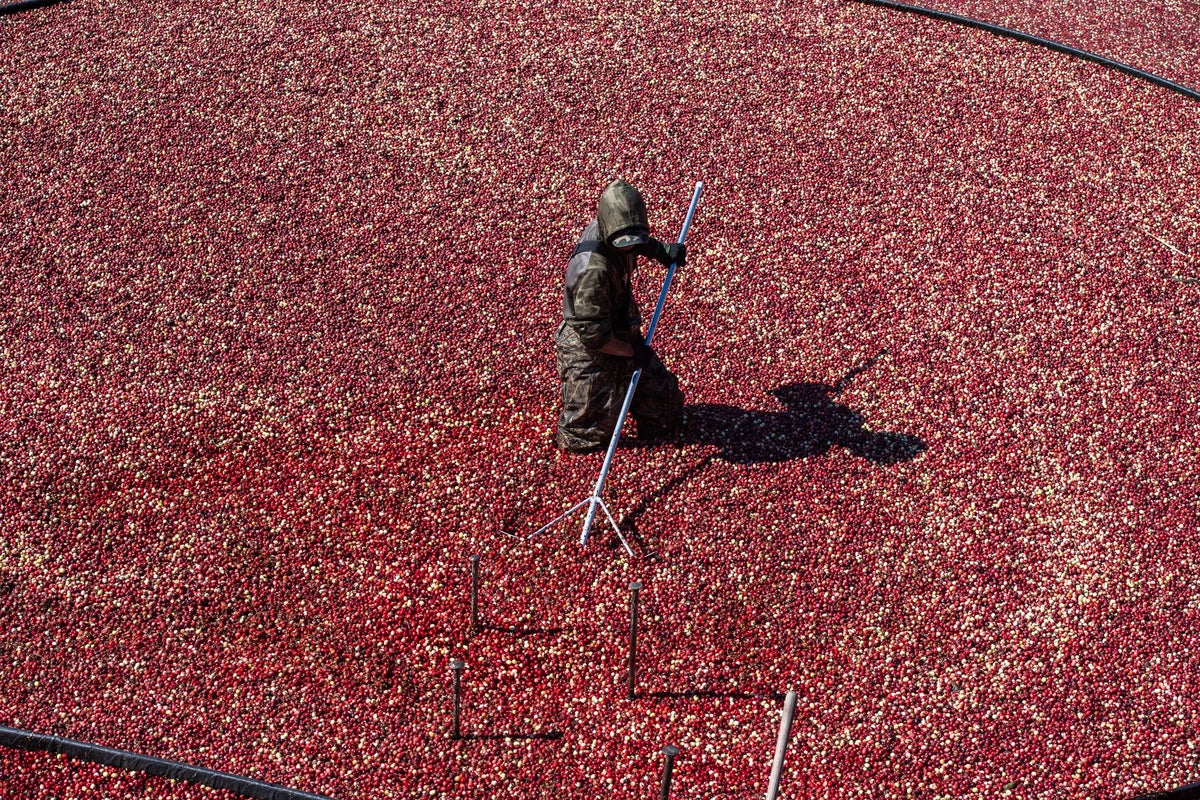Home / Health / Cranberries: Tiny Berries, Huge Health Boost
Cranberries: Tiny Berries, Huge Health Boost
22 Nov
Summary
- Nutrient-dense cranberries offer antioxidants and vitamins C and E.
- They contain compounds that may reduce bad cholesterol and inflammation.
- Native to North America, cranberries have been used for thousands of years.

Cranberries, a staple Thanksgiving fruit native to North America, are celebrated for their extensive health advantages. These low-calorie berries are rich in antioxidants, vitamins C and E, and unique plant compounds like quercetin and proanthocyanidins. These elements work to reduce inflammation, protect against infection, and promote gut and oral health. Research suggests that compounds in cranberries can help lower bad cholesterol levels, potentially reducing the risk of heart disease and blocked arteries.
Historically, Native Americans utilized cranberries for medicinal purposes and as a dye long before European settlers arrived. The fruit's name, 'crane-berry,' originated from early settlers who observed the resemblance between the plant's flower and a crane's head. Today, the United States, particularly Wisconsin, is a leading producer, with harvests occurring annually from mid-September through November.
Beyond their health benefits, cranberries have a rich culinary history. While the fruit has been consumed for millennia, modern cranberry sauce emerged in 1917, with Elizabeth Lee’s creation leading to the formation of Ocean Spray. Cranberries remain a versatile and nutritious addition to the diet, offering a proactive approach to maintaining health.



